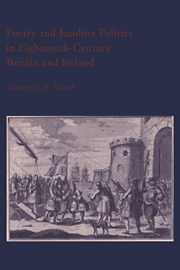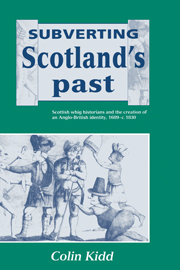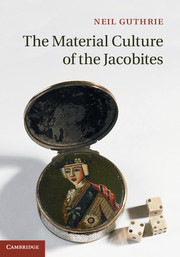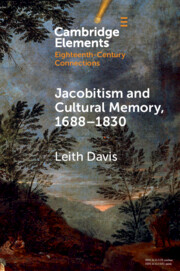Poetry and Jacobite Politics in Eighteenth-Century Britain and Ireland
The aim of this book is to question assumptions about the nature of the Augustan era through an exploration of Jacobite ideology. Taking as its starting point the fundamental ambivalence of the Augustan concept the author studies canonical and non-canonical literature and uncovers the 'four nations' literary history of the period defined in terms of a struggle for control of the language of authority between Jacobite and Hanoverian writers. This struggle is seen to have crystallized Irish and Scottish opposition to the British state. The Jacobite cause generated powerful popular literature and the sources explored include ballads, broadsides and writing in Scots, Irish, Welsh and Gaelic. The author concludes that the literary history we inherit is built on the political outcome of the Revolution of 1688.
- An account of British literary history involving all four nations
- Redefines the Augustan age as a struggle between the margins and the centre
- Brings more recent developments in history to bear on literary studies
Product details
October 1994Hardback
9780521410922
272 pages
236 × 157 × 20 mm
0.532kg
Available
Table of Contents
- Acknowledgements
- Introduction
- 1. Invasion and xenophobia
- 2. The wee, wee German lairdie
- 3. The codes of the canon
- 4. Jacobite political culture in Scotland
- 5. Jacobite culture in Ireland and Wales
- 6. The demon's light
- 7. The tartan curtain
- Additional works
- Index.





